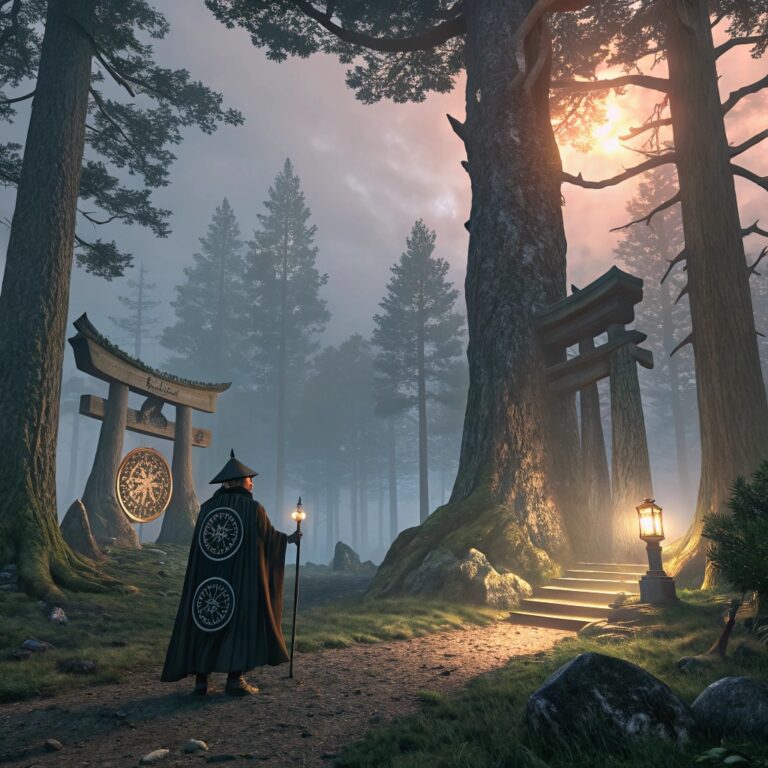
Cultural and mythological fiction immerses readers in rich tapestries of ancient myths, folklore, and cultural traditions. It bridges the gap between myth and reality, breathing life into legendary figures, supernatural forces, and timeless narratives that have shaped civilizations. This genre brings to the forefront powerful stories from various cultures, exploring the intersection of history, belief systems, and human nature.
At its core, cultural and mythological fiction explores:
From epic battles between gods to transformative journeys of self-discovery, this genre captivates by weaving together the magic of myth with the complexities of human culture, inviting readers to explore the deep roots of storytelling and belief.
Writing cultural and mythological fiction is all about blending timeless stories with rich cultural history and vivid imagination. From retelling ancient myths to creating modern-day heroes, each step in crafting your story is an opportunity to explore human nature, belief systems, and the supernatural. Here’s a step-by-step guide to start writing your cultural and mythological tale:
6. End with a Powerful, Meaningful Resolution
Wrap up your story with an ending that feels both inevitable and transformative. Whether it’s the fulfillment of a prophecy, the return of a hero, or the restoration of balance, make sure the resolution ties back to the cultural themes and leaves readers with a lasting sense of awe and reflection.
Some of the most iconic books in cultural and mythological fiction have brought ancient stories to life, blending historical events with supernatural beings and timeless adventures. Here are a few classics that have defined the genre:
Circe by Madeline Miller
Did you know? Circe reimagines the story of the famous Greek sorceress, offering a fresh perspective on the myth and its complexities. Miller’s lyrical prose and feminist approach have earned her critical acclaim and made the novel a modern classic.
The Song of Achilles by Madeline Miller
Did you know? Miller’s debut novel, The Song of Achilles, retells the story of the Trojan War and the bond between Achilles and Patroclus, blending mythology and romance into a beautifully tragic narrative.
The Odyssey by Homer
Did you know? One of the oldest and most influential works in Western literature, The Odyssey chronicles the legendary journey of Odysseus, blending adventure, gods, and heroism. It has shaped much of our understanding of ancient Greek culture and storytelling.
The Mabinogion (translated by Jeffrey Gantz)
Did you know? The Mabinogion is a collection of Welsh mythological tales, filled with magic, kings, and legendary heroes. This ancient work has influenced fantasy writers and remains a cornerstone of British mythology.
American Gods by Neil Gaiman
Did you know? American Gods blends mythology with contemporary life, exploring the battle between old gods and new ones in a modern American setting. Gaiman’s vivid world-building and incorporation of global mythologies have made this book a modern mythological masterpiece.
This sub-genre reimagines classic myths and ancient stories, often giving them a modern twist or exploring untold perspectives from familiar characters.
Example: Circe by Madeline Miller.
Historical mythology blends real historical events with mythological elements, offering a deeper exploration of the impact of gods, heroes, and legends in shaping cultures and civilizations
Example: The Song of Achilles by Madeline Miller.
This sub-genre combines epic storytelling with mythology, often involving grand, sweeping narratives where gods, heroes, and legendary creatures embark on life-changing quests.
Example: The Iliad by Homer.
Drawing inspiration from folk tales and fairy tales, this sub-genre integrates magical creatures, folklore, and enchanted lands, often focusing on moral lessons and heroic journeys.
Example: The Bear and the Nightingale by Katherine Arden.
This sub-genre explores the relationship between gods and humans, often focusing on divine beings who intervene in human affairs or humans seeking divine favor.
Example: American Gods by Neil Gaiman.
Ready to share your story?
Tell us what you need—we’ll help bring your book to life.
